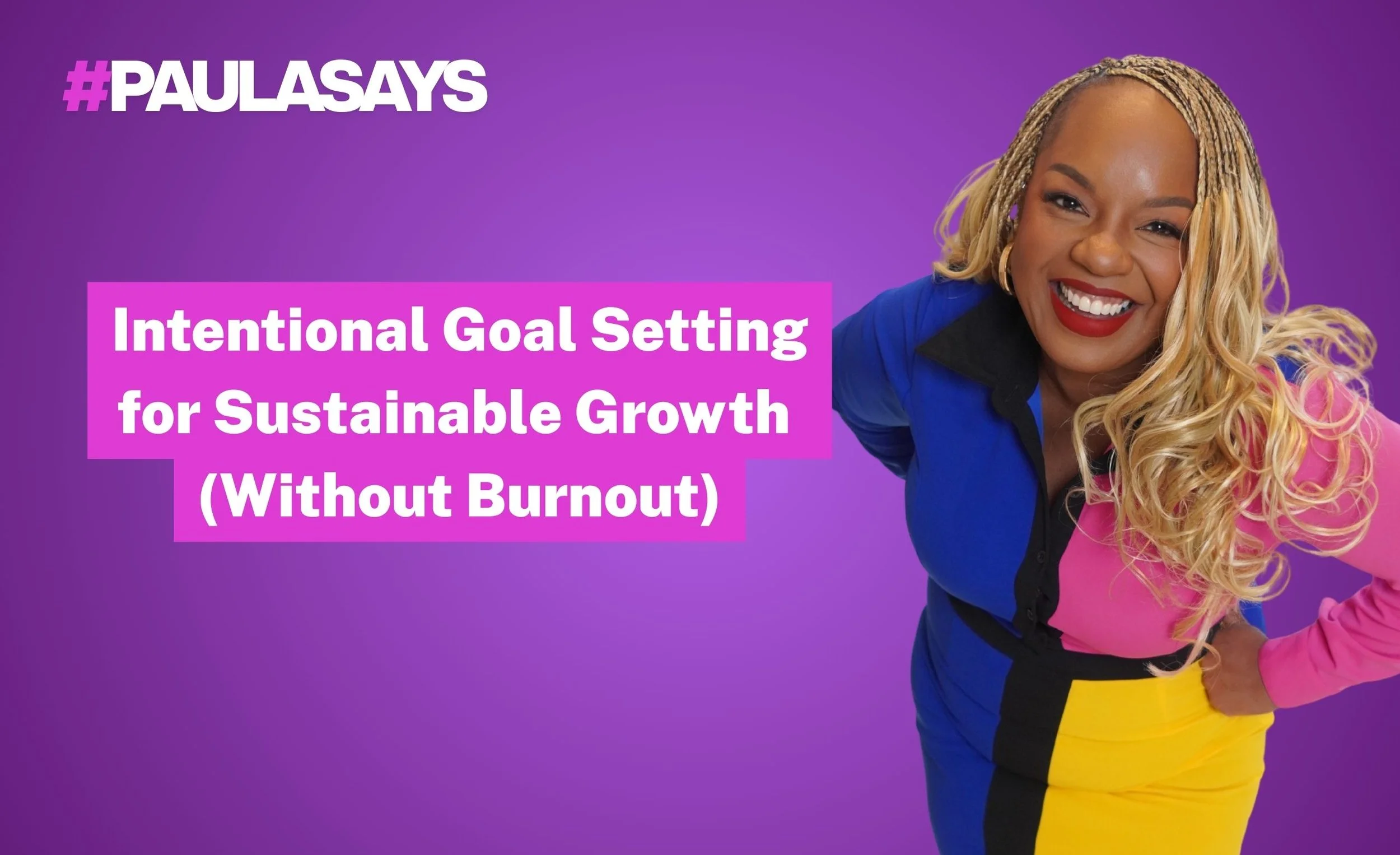4 Key Considerations for Law Firms to Navigate Cross-Cultural Mentoring Effectively
As we enter the second week of Black History Month, it’s crucial to reflect on the significance of mentoring and its role in elevating, developing, and retaining Black associates in the legal profession. So often, the desire is to be mentored by someone who shares affinity with you, however because of the current structure of the legal profession, there are fewer Black lawyers in leadership roles in law firms.
To address this challenge, move the needle on mentoring, and improve the overall experience for Black attorneys, firms should strategically utilize their Black senior lawyers as mentors while avoiding overloading them due to their limited numbers. Additionally, senior leaders who don’t share the same diversity characteristics as their mentees should be trained to mentor effectively across differences. This requires an understanding of potential landmines they may face as they mentor the associates and how to navigate them.
Prioritize Diversity
Mentors play a crucial role in promoting inclusivity in the workplace by prioritizing diversity and embracing differences in their mentees. By recognizing and valuing these differences, mentors can help to create a supportive and welcoming work environment. Dimensions of diversity bring many benefits and it’s important to view differences as opportunities, not drawbacks. Regardless of the context, the focus should always be on promoting inclusivity and considering the whole person, not just their role or tasks.
Don’t Assume a Shared Perspective
As a mentor, it’s important to recognize your privilege and advantages both in society and within the organization. When mentoring a Black associate, keep in mind that each person has a unique, intersectional perspective which impacts how they see the world.
For example, someone might say to me, “Paula, let’s have a meeting at 7 p.m.” and I might reply, “Well actually, you didn’t consider the fact that I’m a mother, and I’d like to be with my children for dinner and see them before they go to bed.”
Another example is that a mentor might, through their lens of privilege, offer advice to a mentee about how to address a situation at work, suggesting a direct approach in response to a situation that may be perceived as aggressive when coming from someone from an underrepresented group. Though well-intended advice, the ability to use a certain tone or directness is often taken for granted. Many mentors have some form of personal or organizational privilege that affords them the opportunity to speak directly. As a mentor, it’s important to acknowledge the potential ramifications of your advice and to be prepared to help your mentee navigate any negative repercussions.
For instance you could say, “Here’s what I would do, but I understand that you may not be perceived in the same way if you exercise this advice. So we should discuss X and that the implications might be Y.”
Build Trust Quickly by Being Vulnerable and Authentic
It’s also not uncommon for me to hear from mentees, we have nothing in common, and from mentors, they don’t like me. When participants feel like there’s nothing in common and no perceived connectivity, then establishing trust is challenging.
To bridge this divide cultural humility is essential. The mission and vision of a mentor/mentee relationship is to first develop trust so that the relationship can be what it needs to be for both parties. Instead of focusing on perceived differences, actively work to find common ground between you and your mentee. This is the key to a successful mentor/mentee relationship.
Trust is essential and developing it through authenticity and vulnerability requires a multi-faceted approach. When a mentor or a mentee shares about who they are and the path to their current position or role, it might not resonate with the other person. For example, beyond racial or cultural differences, one person might have grown up in the desert while the other grew up in a place with four seasons and regular snowstorms. Or, maybe one individual came from a large family and the other was an only child. These factors all shape who we are and how we interact with each other and experience the world.
Even if a mentor cannot relate to their mentee’s specific experiences, they should acknowledge that the mentee is sharing a part of their story and showing vulnerability in doing so. This can provide an opportunity for developing empathy and building a deeper connection. Encourage open communication by asking questions, sharing your own experiences, and being willing to learn from your mentee. By approaching the relationship with a sense of humility and a desire to understand, you can help build trust and strengthen the mentor-mentee bond.
When engaging, people may lead with their boundaries up, or intentionally not be as open due to societal factors, bias, and stereotypes. Often, people have experienced hurt and harm at some point in their lives and as a result, may be guarded during interactions. This might mean that a mentee doesn’t feel safe sharing at a very deep level—but, by sharing a part of their experience, they are still inviting you into their perspective and giving insight into the nuances of their intersecting identities.
One question that I recommend asking to break the ice and begin to build trust at the start of the relationship is what about where you’re from shaped who you are? For example, when I share with people that I’m from Brooklyn, that usually brings perceptions with it, but my specific experience of being from East New York, Brooklyn, which was (and still is) one of the most dangerous areas, shaped my desire to leave it and attend boarding school, which changed the trajectory of my life. This additional information comes from asking. These are missed opportunities if not acted on with genuine curiosity and investment into an on-going relationship.
At the bottom of this post, you can sign up to receive a pdf with suggested questions—for mentors and mentees—that can foster conversation and contribute to a more inclusive and successful cross-cultural mentor-mentee relationship.
Watch Out for Feedback Landmines
Mentors aim to guide and support mentees in avoiding obstacles and navigating their careers. However, conscious and unconscious biases can seep into feedback and interactions. To avoid potential pitfalls such as promoting a narrow definition of professionalism and tone policing when giving advice (these often reflect white aesthetics), be mindful of biases related to speech, wardrobe, and appearance.
For example, a mentor might tell a mentee to purchase a suit, and the mentee shares that they’re going to buy a red suit. Instead of saying to the mentee, “That’s not appropriate, you should get a more professional color like navy blue”, it’s important to offer information and let the mentee make their own decision. By the mentor sharing the pros and cons of expressing their authenticity by wearing a red suit, the mentee remains informed and retains their autonomy in making an informed choice about how to proceed.
While there are challenges to mentoring across cultural differences, by keeping in mind the above points, it’s possible to foster the inclusion that is so necessary for true belonging. Building trust is essential, and can be achieved through authenticity, vulnerability, and a willingness to understand the unique perspectives of each individual. Additionally, mentors must be mindful of potential landmines in feedback, including biases, and power dynamics. People leave organizations because they don’t feel loved, seen, and heard. By fostering relationships steeped in cultural humility and trust, senior leaders can help contribute to better relationships, higher rates of retention, and a more inclusive work environment.
If you want help with your law firm’s mentoring or sponsorship program, or if you have any favorite mentor/mentee questions that have been particularly impactful, please share them via email to info@paulaedgar.com.






